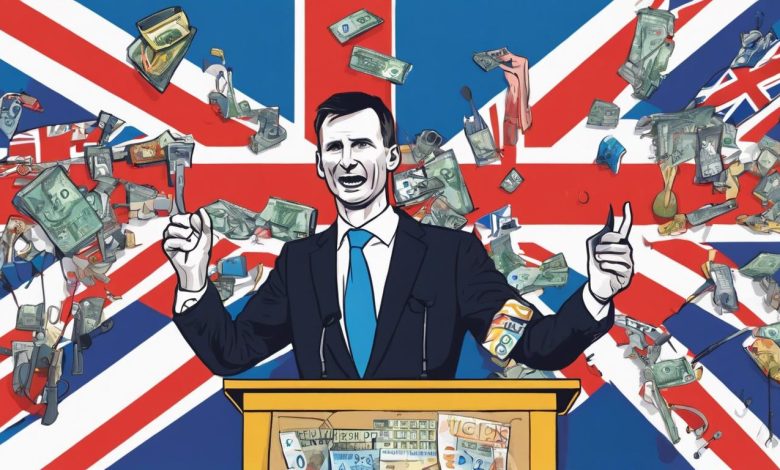UK Chancellor slashes national insurance contributions to historic low

In a bid to boost the labour market, the UK Chancellor, Jeremy Hunt, announces a significant reduction in national insurance contributions, marking the lowest rate since 1975 and sparking discussions on the future of the UK’s tax system.
On March 6, 2024, the UK Chancellor, Jeremy Hunt, announced a significant reduction in national insurance contributions (NICs), marking the lowest personal tax rate since 1975. This 2p reduction in NICs is projected to provide annual savings of £450 for employees and £350 for self-employed individuals. This move, which is expected to cost £10.5 billion annually, aims to boost the labour supply by the equivalent of 98,000 full-time workers by 2028-29. However, experts caution that the retention of frozen income tax thresholds could lead to fiscal drag, potentially diminishing the benefits of the NIC cut by pushing earners into higher tax brackets.
In his budget speech, Chancellor Hunt criticized the complexity of the UK’s tax system, highlighting the issue of dual taxation through income tax and NICs. He hinted at future efforts to further reduce national insurance contributions, reflecting the government’s commitment to addressing what he referred to as the “double taxation of work.” Hunt announced a planned consultation to fully abolish class 2 national insurance contributions.
While the changes to NICs spark debates on the tax system’s complexity and efficacy, the origins and purpose of NICs—a system established in 1911 to support the British welfare state—are brought to the forefront. Despite shifts in the perception and application of NICs over the years, their underlying principle of shared responsibility and societal solidarity remains a critical aspect of the welfare state’s integrity.
As the UK tax landscape experiences these significant shifts, the Chancellor’s approach raises important discussions about the future role and structure of NICs in maintaining the balance between taxation and societal welfare.








